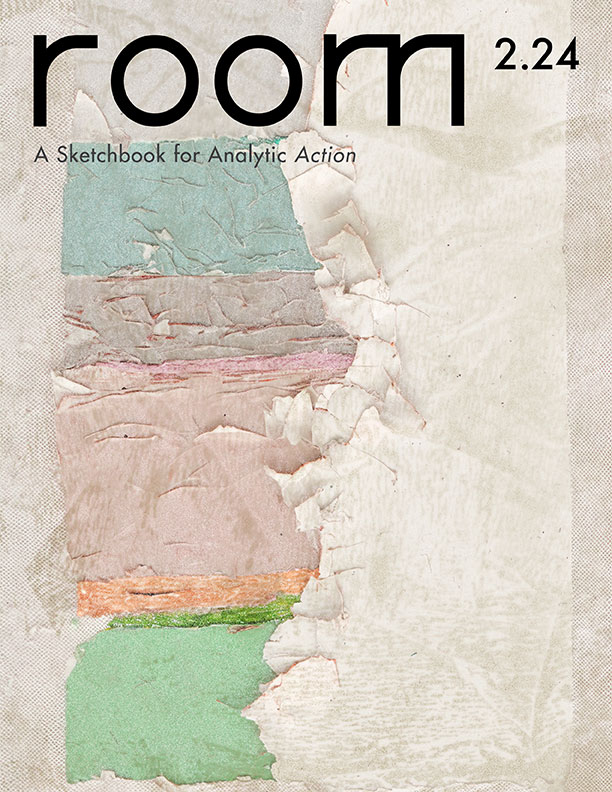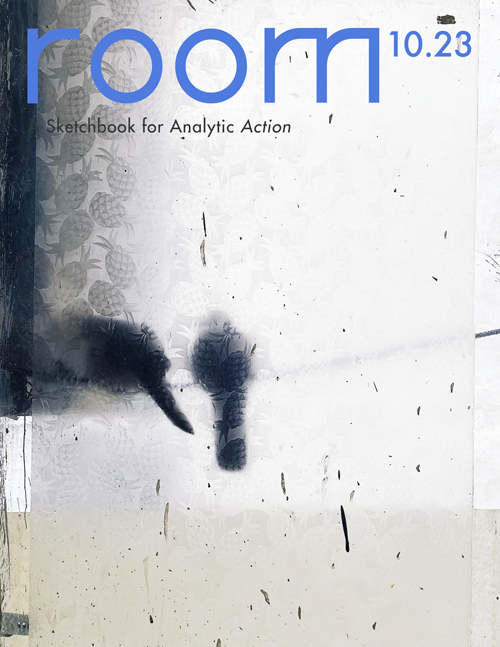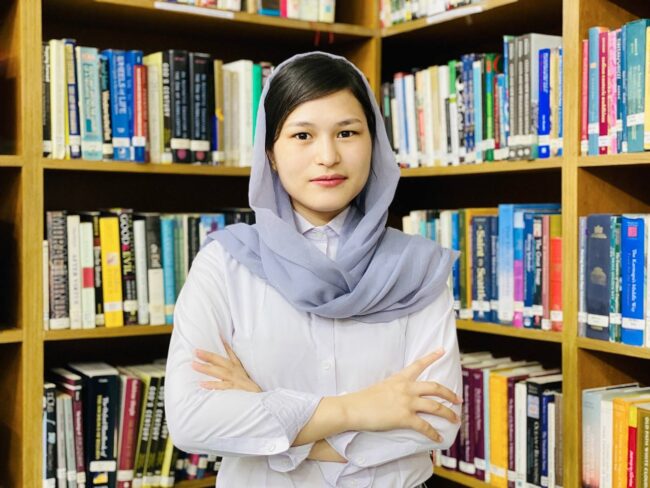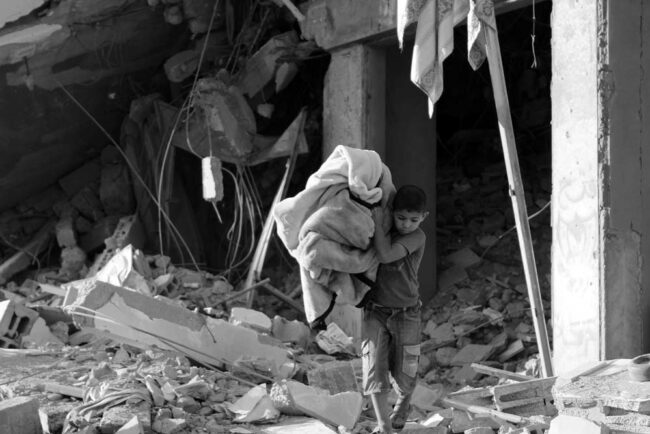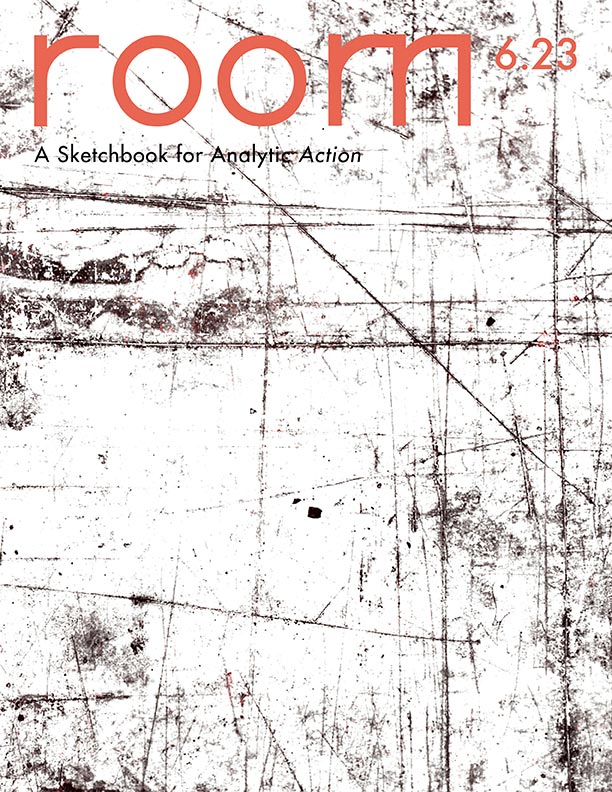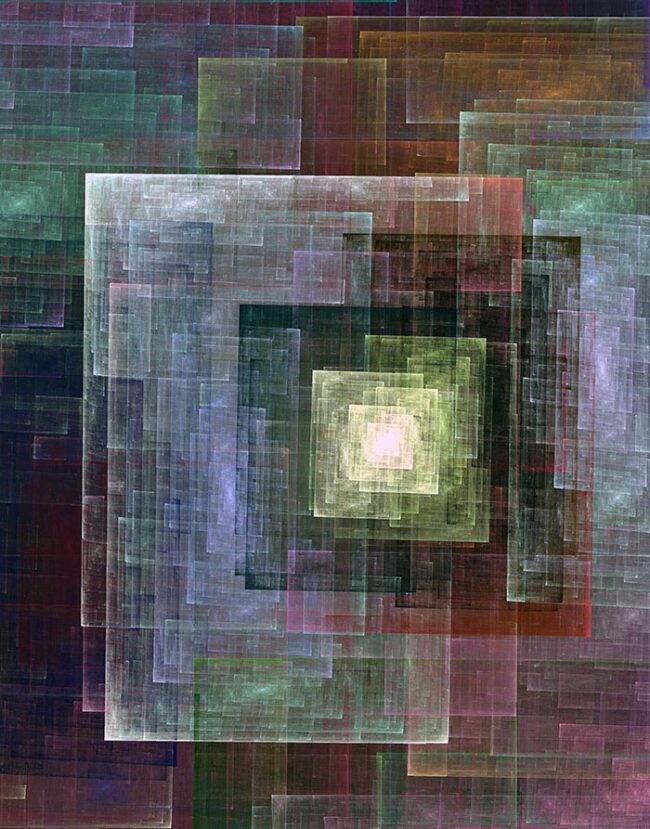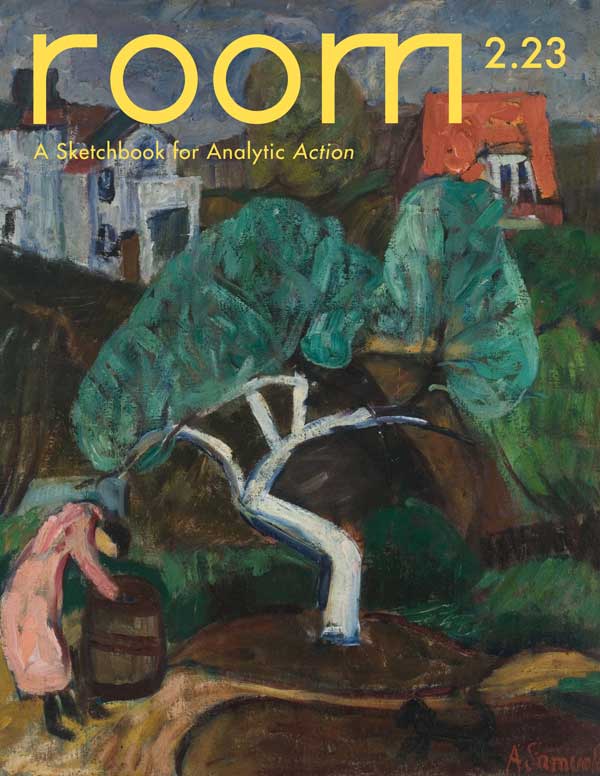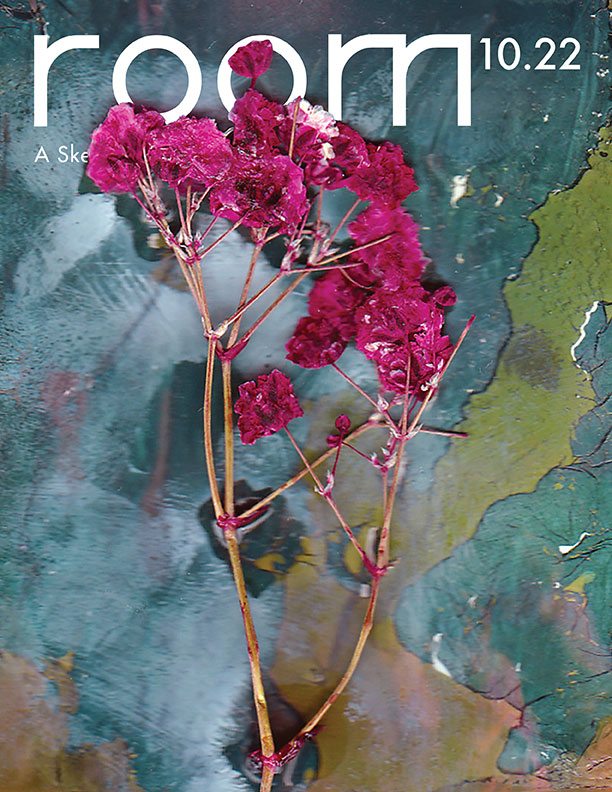Beginnings by Hattie Myers
[…]From ROOM to room we never can predict how our community will fill this space, and we are often surprised. In the midst of the violent societal crisis unfolding in Russia and Ukraine, in Israel and Gaza, and with the pending election looming over the United States, it was striking, this time, that the submissions for ROOM 2.24 received were, for the most, quieter and more inwardly focused. The authors recall how the grip of class, gender, race, and geopolitical history held them so tightly that it was, at times, actually difficult for them to “look up and out.”

